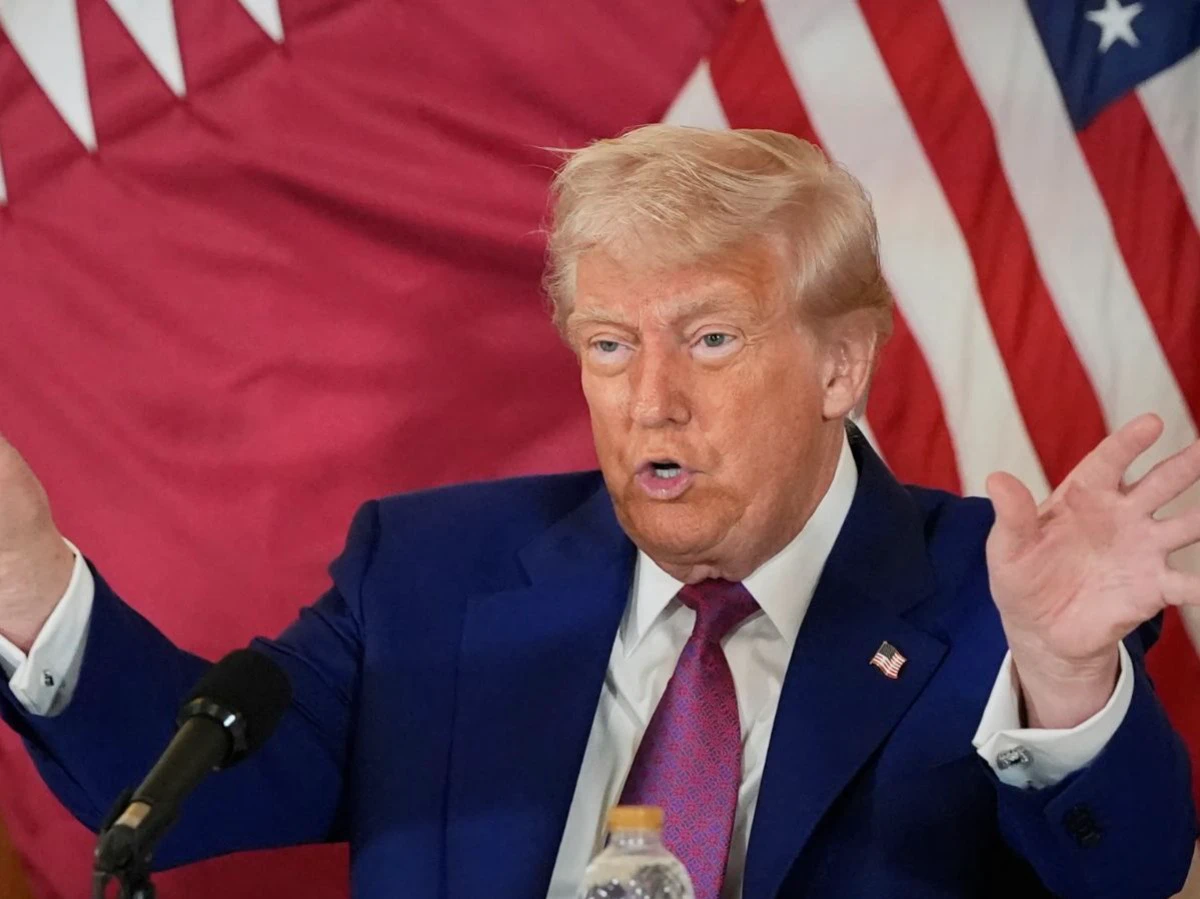The U.S. Congress has approved President Donald Trump’s sweeping new legislation on federal spending, popularly dubbed the “One Big Beautiful Bill.” While the law affects a range of domestic issues, it also includes measures that will directly impact Indians living in the United States-and their families back home.
From changes in remittance taxes to increased immigration controls and rising visa fees, the bill brings with it a series of immediate consequences that may affect millions of Indian citizens and persons of Indian origin.
Remittance tax reduced, but still there
One of the most immediate implications of the bill is a new tax on money transferred from the U.S. to other countries. Initially proposed at 5%, the final law reduces this to 1%. With nearly 4.5 million people of Indian origin residing in the U.S., many of whom regularly send money to relatives or invest in India, this tax is expected to have a visible impact. While smaller than initially feared, the 1% levy still adds a new cost burden on NRIs supporting families in India.
Immigration crackdown and deportation plans
The bill allocates substantial funding towards immigration control and national security, reinforcing Trump’s earlier pledge to implement what he has described as “the largest mass deportation operation in American history.” Indian immigrants who entered the U.S. illegally-including those who used the so-called “donkey route”-are not exempt.
 US President Donald Trump | Credit: X
US President Donald Trump | Credit: X
U.S. authorities have reportedly identified approximately 18,000 Indian nationals who entered the country without legal clearance. In response, the Indian government has said it will cooperate by accepting their return and working to dismantle trafficking networks. Estimates of the undocumented Indian population vary, ranging from 220,000 (U.S. data) to 700,000 (Pew Research Center), placing them as the third-largest group of unauthorised migrants after Mexico and El Salvador.
Legal immigration becomes more expensive
The bill also raises application fees for those seeking to live or work in the U.S. legally. According to Bloomberg, the cost to apply for asylum is now $100. Employment authorization applications will cost $550, while Temporary Protected Status applications are priced at $500. Humanitarian parole will cost $1,000. A $5,000 fine will be levied against anyone caught crossing the border outside designated ports of entry.
In addition, the legislation ends fee waivers for low-income applicants. Cuts to Medicaid and other support systems are also expected to affect both documented immigrants and low-income families more broadly.
From taxes on remittances to visa fee hikes, Trump’s bill is already changing how Indians live, work, and connect across borders.
